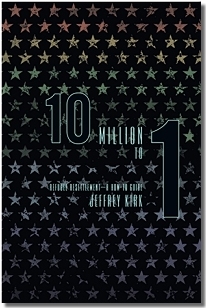Karenni Cultural Information
Day 7
We picked up a copy of the house lease today with the hopes that the family will sign it tomorrow. Then we can begin to firm up move in plans.
One member of our refugee resettlement team has worked with Burmese refugees for nine years. She got started at a different church before joining our church and our resettlement team. Where many of us on the team have worked with refugees from several different countries, she has worked just within the various Burmese communities. This has helped her tie in quite closely and have several solid relationships.
Here’s some information she put together for our team (thanks Jo) which I have paraphrased:
Nine years ago our community welcomed Burmans from Burma, two years ago we welcomed Karen people from Burma, now we welcome Karenni people from Burma. These are different ethnic groups with largely the same problems, all related to the repressive military government in Burma.
Examples of the problems include: religious persecution, human rights abuses, burned out villages, theft of food, and forced labor, among others.
Our newest refugee family is from the Karenni tribe. Karenni are a break off of the Karen ethnic group. This break happened many generations, centuries ago. Since that time they settled in an area of northeastern Burma and have developed their own language. The Karenni refugees are generally from a refugee camp in northern Thailand.


We are now working with Karenni people. for our Sunday worship, we have Bibles in Burmese and Karen but don’t have any in Karenni. Has the Bible been translated into this language? Do you know of any Karenni Bibles and where to get them?
Thanks kindly.
Hi Jennifer,
That’s great that you’ve got Bibles in Burmese and Karen. I have not seen Karenni translations so sorry I have no good information for you on this matter.
Thanks for your refugee resettlement work!
Dear Jeff & Jennifer:
Just came across your website above. I think I can help with the question on a Karenni Bible. I’ve just been working on a website regarding the Karenni whom we’ve worked with for many years. We are almost finished the typesetting of the Karenni New Testament. I HOPE it will be available this next year. Go to http://www.karennirefugees.com. So far, it’s not coming up on a google search :-(.
Khu Hte Reh
Hello Jeff,
I recently began volunteering with a Karenni family who do not speak any English. I have googled Karenni-English dictionaries and have had no luck. Is there a quality resource that would aid our communication such as a dictionary or just list of simple words?
Thank you so much!
Leah
Hi Leah,
We have not seen any Karenni-English dictionaries either. We typically use a children’s picture dictionary to get points across. Speaking slow in English and pointing to pictures help those who do not speak English to start to understand. This method is also especially helpful in situations where the refugees only speak, but do not write, in their native language.
Best wishes,
Jeff